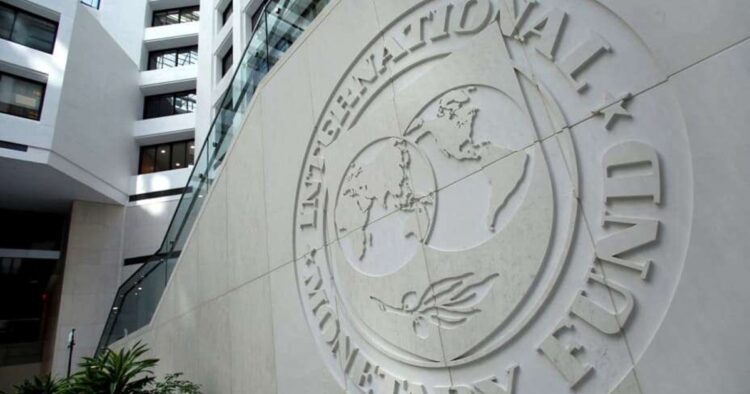Ethiopia is facing a critical decision regarding a potential currency devaluation as it seeks to secure a much-needed rescue loan from the International Monetary Fund (IMF). The IMF recently concluded its visit to the country without reaching an agreement with Ethiopian authorities, leaving the nation in a precarious financial situation.
The country, already grappling with high inflation, defaulted on its debt in December, making it the third African state to do so in as many years. Despite ongoing economic challenges, Ethiopia has not received IMF funds since 2020, and its previous lending arrangement with the fund derailed in 2021.
The IMF has emphasized the importance of flexible, market-determined exchange rates, a stance that may necessitate currency reform for Ethiopia to qualify for IMF support. The country has requested a substantial $3.5 billion in assistance from the IMF, but progress towards an agreement has been slow.
Ethiopia’s currency, the birr, faces significant disparities between official and black market exchange rates, exacerbating foreign currency shortages and fostering a thriving black market economy. The current black market rate for the birr stands at roughly double the official rate against the US dollar.
Economic analysts express concerns over the potential negative consequences of birr devaluation, including skyrocketing inflation and increased foreign currency-denominated debts. However, some believe that a controlled devaluation may be necessary to stabilize the economy and pave the way for external debt restructuring.
Efforts to address Ethiopia’s debt issues have been complicated by the country’s recent civil war and subsequent challenges in securing international assistance. Despite securing debt payment suspensions from key creditors like China, Ethiopia faces pressure to reach an agreement with the IMF to avoid further financial instability.
Experts suggest that the IMF may require a significant currency devaluation as a condition for a bailout loan, with estimates ranging from 15% to potentially higher. While Ethiopian officials may prefer a more gradual approach, they find themselves in a weak negotiating position, given their past IMF loan expiration and concerns about debt repayment.
Despite these challenges, there is optimism that Ethiopia will eventually secure an IMF deal, albeit with concessions on currency reform and economic policy adjustments. Talks between Ethiopian authorities and the IMF are ongoing, with further discussions expected at the IMF’s Spring Meetings in Washington, DC.

















Comments